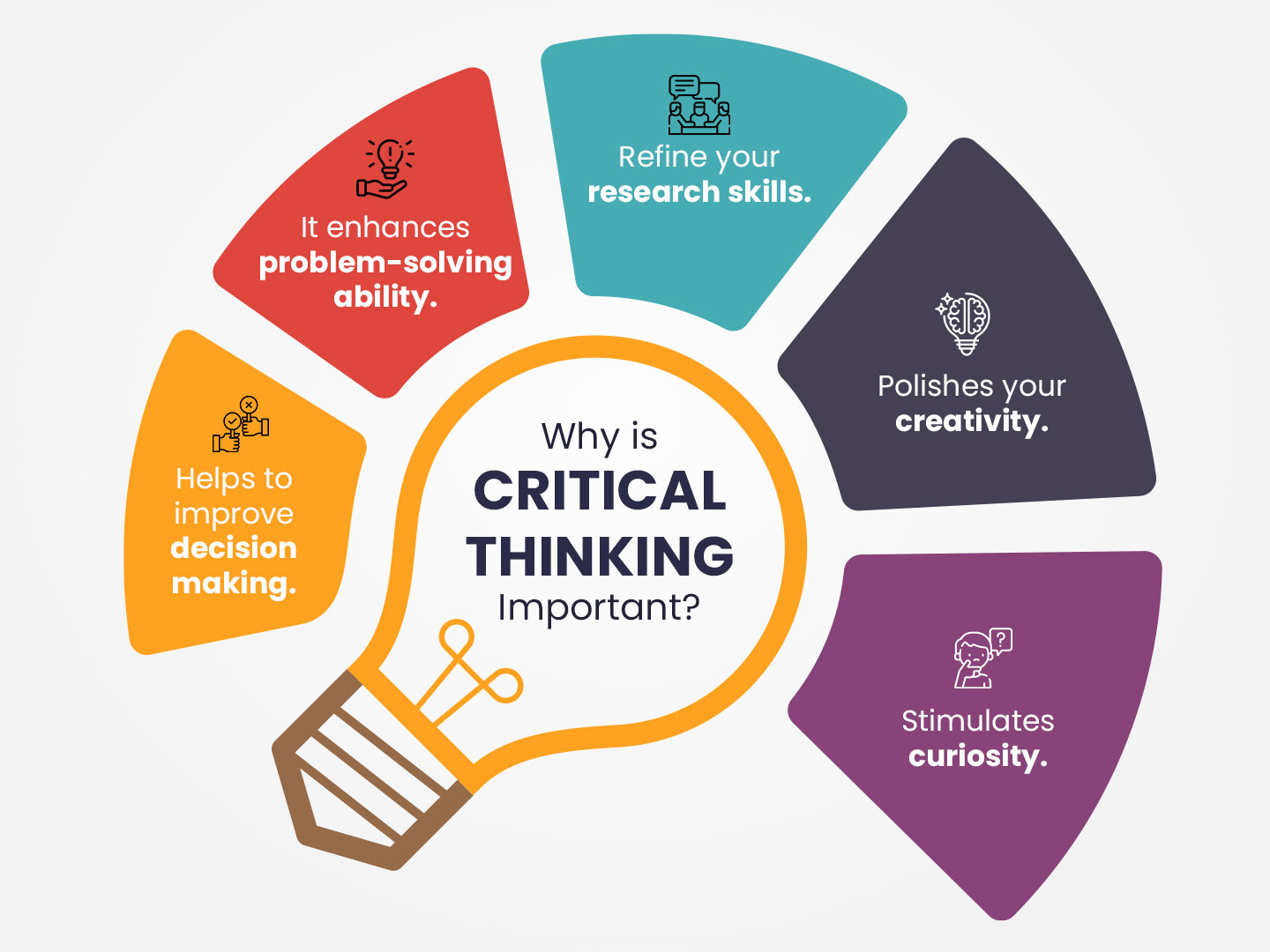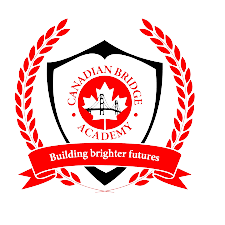


Science process skills are a fundamental piece of creating logical reasoning and inquiry skills or abilities. These skills permit students to participate in logical practices, for example experimenting, numbering, predicting, inferring, observing, hypothesizing, measuring, communicating, and analyzing. Creating science process skills in students can assist them with turning out to be better issue solvers, basic masterminds, and all the more logically educated people. In this article, we’ll investigate methodologies for improving critical thinking and inquiry skills by creating science process skills in students.
Science process skills allude to the arrangement of skills that permit students to participate in logical practices. These skills include:
Observing: Utilizing the faculties to accumulate data about the regular world.
Measuring: Utilizing devices and units to measure perceptions.
Communication: Imparting data and thoughts to other people.
Inferring: Mentioning translations in light of objective facts.
Hypothesizing: Creating clarifications for noticed peculiarities.
Predicting: Mentioning informed surmises about future observable facts.
Experimenting: Planning and directing examinations to test theories.
Analyzing: Inspecting information to distinguish examples and reach determinations.

Also, Systems for Science process skills incorporate the following:
Integrate involved exercises: Giving students active exercises and trials can assist them with fostering their science process skills through dynamic support and trial and error.
Use request-based learning: Urge students to get clarification on pressing issues and take part in request-based figuring out how to foster their critical thinking and decisive reasoning skills.
Cultivate joint effort: Empower joint effort and collaboration among understudies to advance correspondence and participation, which are fundamental skills in logical request.
Give potential open doors to reflection: Urge understudies to ponder their perceptions and encounters to foster their inferential and scientific skills.
Use innovation: Integrate innovation, for example, intelligent recreations and computerized apparatuses to help skills picture and figure out critical thinking and skills.
Give true applications: Interface science ideas to genuine applications to assist students with understanding what science means for their lives and create their prescient and estimating skills.
Model science process skills: Model science process abilities for students through study hall showings and by portraying your own reasoning skills during tests.

Creating science process skills in understudies has various advantages, including:
Working on logical proficiency: Science process skills assist understudies with fostering a more profound comprehension of logical ideas and cycles, which can improve their logical education.
Encouraging decisive reasoning and critical thinking: Science process abilities assist understudies with creating decisive reasoning and critical thinking skills that are fundamental for progress in both logical and non-logical settings.
Advancing imagination: Science process abilities support innovativeness by permitting students to investigate and try different things with logical ideas and thoughts.
Improving profession status: Science process students are significant abilities for a large number of vocations, remembering those for science, innovation, designing, and math (STEM) fields.
In summary, creating science process skills in skills is a basic part of improving critical thinking and inquiry skills. By integrating involved exercises, request-based learning, and genuine applications, teachers can assist students with fostering their science interaction skills and become better issue solvers, basic masterminds, and deductively educated people. By executing the methodologies illustrated in this article, teachers can assist students with fostering the skills they need to prevail in both reasoning and non-reasoning settings.
Article by Mr. Emmanuel Areola
CBA Science Teacher

We are the only international school in Nigeria that offers 100% Ontario Ministry of Education approved Canadian (Ontario) curriculum from Grade 1 through 12.

 Copyright 2025 Canadian Bridge Academy | All rights reserved.
Copyright 2025 Canadian Bridge Academy | All rights reserved.